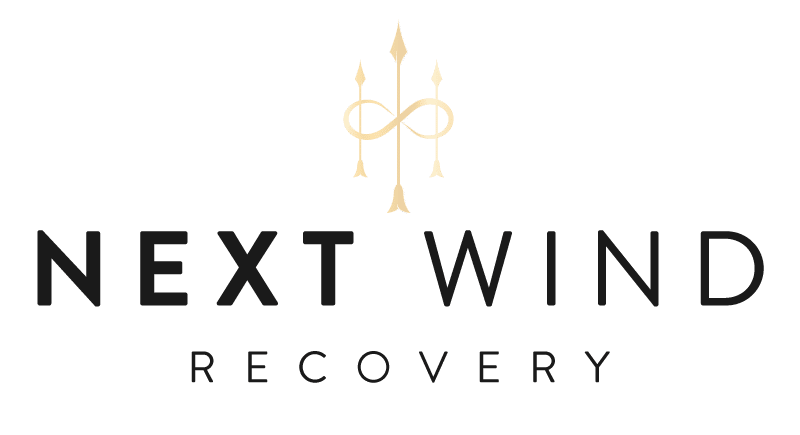Welcome to the essential guide to aftercare addiction treatment, where we explore the crucial steps you need to take for long-term recovery. Breaking free from addiction is the first step to recovery, and aftercare ensures you stay on the right path.
Next Wind Recovery can work with you and your loved ones to create an aftercare program that addresses the importance of aftercare in addiction treatment and focuses on relapse prevention. Learn more about the importance of aftercare by speaking with a treatment specialist at our top-rated drug rehab in New Jersey.
Understanding Aftercare Addiction Treatment
Aftercare addiction treatment refers to the support and resources that individuals receive after completing a formal addiction treatment program. It is a crucial step in the recovery journey as it provides ongoing guidance and assistance to help individuals maintain sobriety and navigate the challenges that may arise after leaving a treatment program.
Aftercare typically involves a combination of therapy, support groups, and practical strategies tailored to meet the individual’s specific needs. It recognizes that recovery is a continuous process that requires ongoing commitment and support. By engaging in aftercare, individuals can build upon the progress made during treatment and increase their chances of long-term recovery.
The Importance Of Aftercare In Long-Term Recovery
Research has consistently shown that aftercare is vital in improving long-term recovery outcomes. According to the National Institute on Drug Abuse (NIDA), individuals participating in aftercare programs are more likely to maintain abstinence, reduce relapse rates, and improve overall well-being than those not receiving aftercare support.
One of the primary reasons aftercare is essential is that addiction is a chronic disease that requires long-term management. Even after completing a formal treatment program, individuals may face various triggers and challenges that can potentially lead to relapse. Aftercare provides ongoing support, guidance, and resources to help individuals navigate these challenges and develop healthy coping mechanisms.
Types Of Aftercare Addiction Treatment Programs
Various types of aftercare addiction treatment programs are available, each with unique offerings and benefits. Some common types include outpatient therapy, sober living homes, and continued individual counseling.
Outpatient therapy is an excellent option for individuals who have completed an inpatient or residential treatment program but still require ongoing therapy and support. It allows individuals to attend therapy sessions while maintaining daily routines and responsibilities.
Sober living homes, also known as halfway houses, are transitional living environments that provide a structured and supportive setting for individuals in early recovery. These homes offer a drug-free living environment, peer support, and accountability, helping individuals gradually transition back into society while still having access to support.
Continued individual counseling is another crucial component of aftercare. It allows individuals to continue working with a therapist or counselor to address underlying issues, develop coping strategies, and maintain accountability in their recovery journey.
Support Groups And Therapy Options For Aftercare
Support groups and therapy options are integral components of aftercare addiction treatment. They provide individuals with community, understanding, and ongoing support.
Support groups such as Alcoholics Anonymous (AA), Narcotics Anonymous (NA), and SMART Recovery offer a safe and non-judgmental space for individuals to share their experiences, learn from others, and gain valuable insights. These groups follow a 12-step or alternative recovery program and provide a network of peers who understand the challenges of addiction and recovery.
Aftercare therapy options can include individual therapy, group therapy, and family therapy. Individual therapy allows individuals to continue working with a therapist to address underlying issues, develop coping strategies, and explore personal growth. Group therapy provides a supportive environment where individuals can connect with others facing similar challenges and share their journey. Family therapy can be beneficial for repairing relationships, improving communication, and establishing a support system within the family unit.
It is important to explore different therapy options and support groups to find the ones that resonate with the individual’s needs and preferences. Each person’s recovery journey is unique, and finding the right fit is crucial for long-term success.
Next Wind Recovery – Recover Your Life
Aftercare addiction treatment is a vital component of long-term recovery. By understanding the importance of aftercare, exploring the different types of programs available, developing an aftercare plan, and utilizing support groups and therapy options, individuals can significantly increase their chances of maintaining sobriety and achieving lasting recovery.
Let Next Wind Recovery help you make positive lifestyle changes, build a strong support network, and implement relapse prevention strategies crucial for sustaining recovery in aftercare.
Remember, recovery is a journey, and aftercare is the key that unlocks the door to long-term success. With determination and the correct aftercare plan in place, you can achieve lasting recovery and create a brighter future. Contact Next Wind Recovery today to learn more about our addiction treatment services in New Jerse








